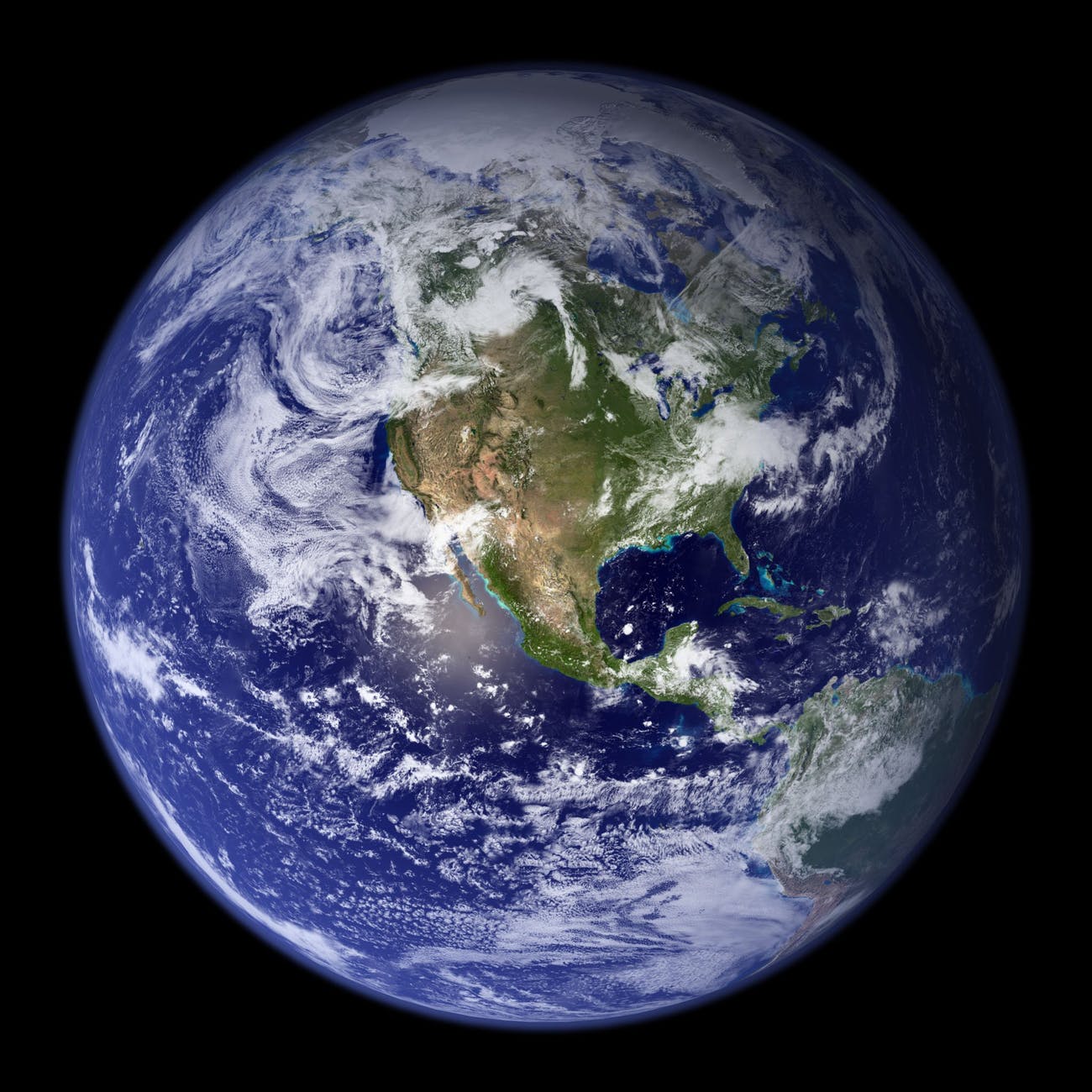By Caitlyn Baylor, Homeowner Services & Grants Director

Over the last couple of months, we have shared a series of blog posts about the relationship between the climate crisis and the housing crisis, or conversely, between climate justice and housing justice. The two phenomena are increasingly, inextricably connected, and we have learned that locally, nationally, and globally, we have a lot of work to do to mitigate the climate crisis from disproportionately impacting those already most vulnerable, particularly in their housing.
The good news is, we are nothing at Rockford Area Habitat for Humanity if not solution-oriented! Whenever our DEI (Diversity, equity and inclusion) discussion group examines systemic inequities, we always like to end the conversation by asking: What can we do? What actions can we take, however small?
So bear with me, but I’m going to step onto a soap box about some of the ways that we, as individuals, can reduce our carbon footprints, bearing in mind that environmental issues are very much human issues and even housing issues.
Despite the fact that most of us grew up learning about recycling and energy efficient lightbulbs, these are actually far from the most impactful actions we can take as individuals to reduce our carbon footprint. Do they help? Sure they do! But, to be frank, they are really not giving any of us an environmental halo.
Besides more significant choices that not everyone is likely to make— like having smaller families or not driving a gasoline-fueled car— the most impactful things we can do personally are 1) avoid air travel as much as possible, 2) find alternatives to driving like biking and carpooling when possible and 3) adopting a plant-based diet.
Air travel
This was a surprise to me, but one of the worst things we can do in terms of generating carbon emissions is travel by plane, especially on longer or transatlantic trips. Climate specialists suggest avoiding air travel whenever we can. Air travel is not a decision we should ever make lightly— it is an activity limited to the most privileged of global citizens and has a tremendous impact on the planet for everyone— yet most of us book flights without a second thought to the broader impact. Eliminating one flight per year can reduce your individual carbon footprint by 1.68 tons of CO2 or CO2 equivalent.
One option when you have no choice but to fly is to purchase a certified carbon offset through a company like Terapass. Purchasing carbon offsets is a great option for those work or emergency trips you just can’t avoid.
How we get around
Flying isn’t the only mode of transportation that has a huge impact on the environment. Changing our reliance on gasoline-fueled cars can also have a huge impact on our personal carbon footprint. The most impactful thing we can do that’s car-related is cut our ties with a gas-fueled vehicle all together, but for those of us who can’t afford an electric car, we can still do our best to carpool when possible, bike or walk for shorter trips, and generally be more efficient with our outings and even with our driving – experts say slower starts and stops and lower air conditioning can save lot of gas over a year!
What we eat
Buying local food is great for your local suppliers, and it does reduce the carbon footprint of food transportation, but believe it or not, what you eat is a lot more important in terms of carbon impact than where it comes from. A majority of food-related emissions happen during production, not transportation. The worst foods for carbon emission are red meats. Adopting a plant-based diet goes a tremendously long way in improving your personal carbon footprint. Even starting small by reducing your animal-based food consumption can help.
These are just three of the higher-impact actions we can all work on taking. Other achievable and impactful actions include making our homes more efficient and even improving our cookware so it’s the most efficient size for our burners! Who would have thought?! At the end of his final speech, I Have Been to the Mountaintop, Martin Luther King reflects that if he could choose any time in history to live, he would choose the present time in which he lived, despite its tremendous challenges and racial injustices, because living at that time positioned him to be a part of the solution. Those of us alive today are among the first generations to really understand manmade climate change, and we are also the last generations who can halt it. While the gravity of that statement is daunting, the fact that we each have the agency to contribute to the solution is also gratifying. And to the extent that we are concerned about global housing justice, human rights issues, and overlapping inequities, it is essential.


Published by